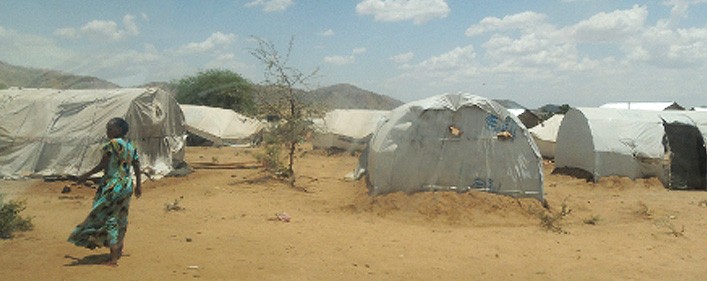The company is participating in a public-private partnership which is analysing modern, reliable, efficient, affordable, sustainable and clean energy models for four refugee camps in northern Ethiopia.

The Centre for Innovation in Technology for Human Development (itdUPM), with the support of the Spanish Agency for International Development Cooperation (AECID), has created a multi-sector partnership with ACCIONA Microenergy Foundation, Iberdrola and Philips Ibérica. This collaboration began with the analysis of options for offering electricity solutions to four refugee camps in Ethiopia that are managed by the United Nations High Commissioner for Refugees (UNHCR). After the analysis is complete, one of the solutions analysed is expected to be implemented.
In the Ethiopian region of Shire, there are four refugee camps with 60,000 displaced persons, mainly from Eritrea. Refugees use kerosene and (increasingly scarce) firewood for cooking, heating and lighting, with the consequent health risks and pollution. The camps are either not connected to the electricity grid or have very limited access, with insufficient facilities and, as an alternative, they use diesel generators, which are expensive to run.
The partnership has analysed the following solutions, based on the experience of participating organisations and the need to provide results in the short term:
- A proper electricity distribution network
- Street lighting and interior lighting
- A biodigester to generate biogas for cooking
ACCIONA Microenergy Foundation, with the cooperation of eight ACCIONA volunteers, travelled to the camps and analysed the possibility of processing organic waste in a biodigester to generate biogas for cooking, as an alternative to the electric and biomass (firewood) stoves that the population currently uses.